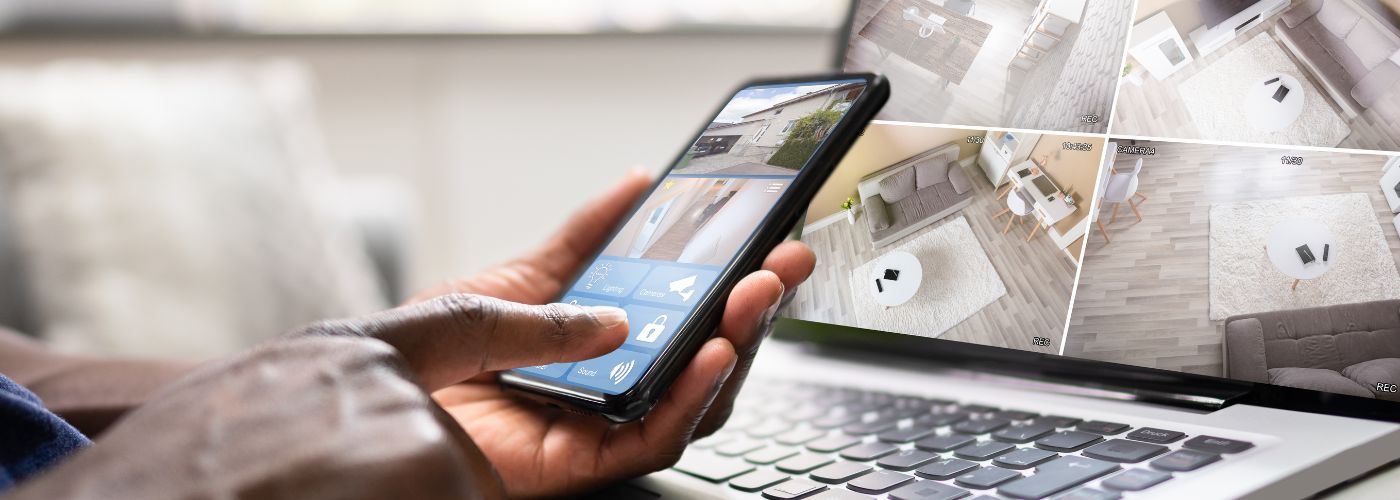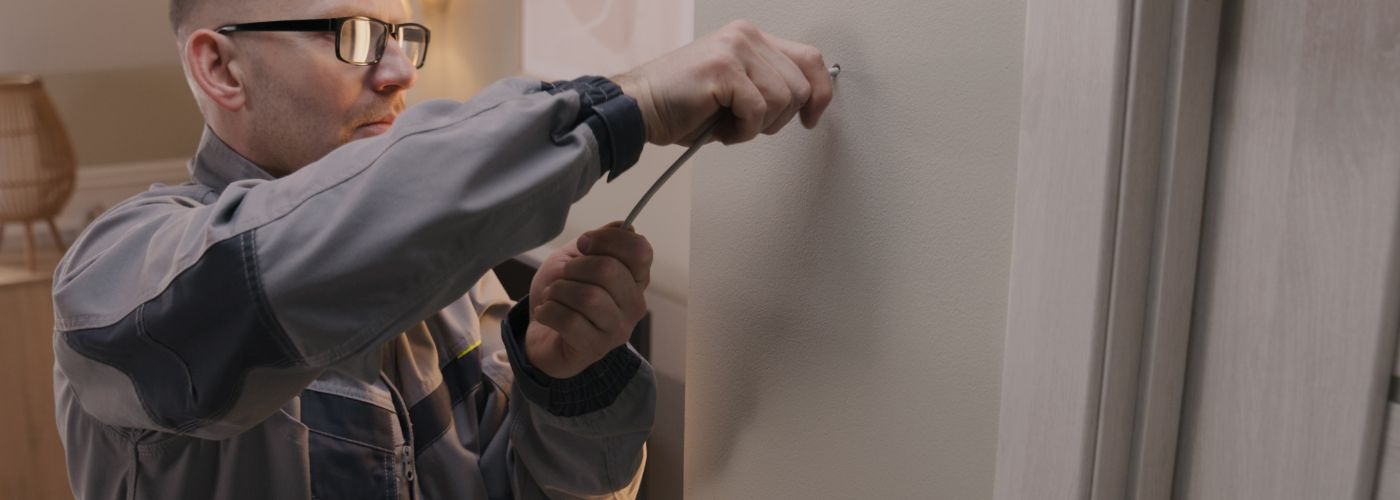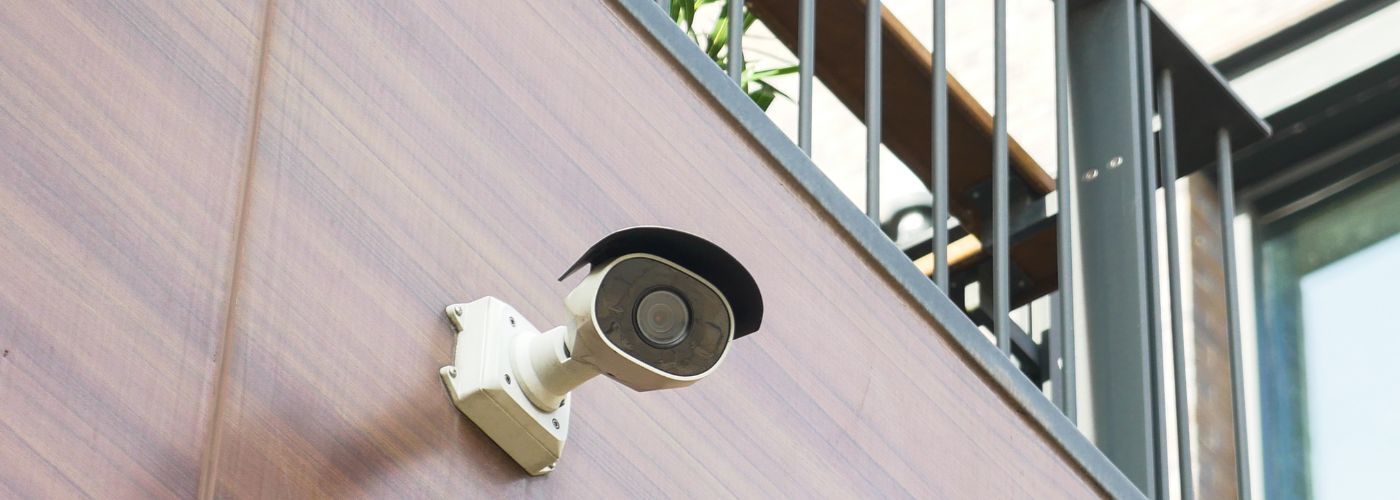Imagine waking up one morning to discover that your security cameras have been breached by unseen hackers. The thought can send anyone into panic! But, we’ll be going over the top warning signs your cameras are hacked. With these tips, you can stay ahead of any would-be cyber criminals.
What Are The Signs Your Cameras Are Hacked?
One of the most alarming signs that your surveillance cameras may have been compromised is a sudden change in their performance. If you notice unusual lag, diminished video quality, or frequent disconnections from your network, it could indicate unauthorized access.
Hackers often manipulate camera settings to destabilize them, making it easier for them to maintain control without raising suspicion.
Another red flag is unexpected notifications or alerts on your devices that you don’t recognize. For example, if you receive unusual motion detection alerts even when no one is home or find that your camera has been activated while offline, it’s crucial to investigate further.
Additionally, keep an eye on any unfamiliar IP addresses linked to your devices; these can reveal connections from outside sources attempting to gain access.
Beware of Unexpected Changes in Camera Settings
One of the most unsettling warning signs that your camera may be hacked is an unexpected change in settings. If you notice alterations in resolution, frame rate, or even the toggle between day and night modes without any input from you, it’s time to dig deeper.

Hackers often manipulate these features to spy on individuals unnoticed, and this digital tampering can quickly escalate into privacy infringement.
You can check this by reviewing the settings menu on your camera interface. Take note of any changes and revert them back to your preferred configurations. Additionally, keep a log of these alterations; frequent or unexplained modifications could indicate unauthorized access.
Unfamiliar IP Addresses Access Your Cameras
One of the most alarming signs that your home or business cameras may have been hacked is the appearance of unfamiliar IP addresses accessing your devices. Regularly reviewing your camera’s settings can reveal a list of connected devices; if you spot a rogue IP address that you don’t recognize, it’s time to take immediate action.
This could indicate an unauthorized user who has gained access to your feed, potentially compromising both privacy and security. Consider employing network monitoring tools that alert you in real-time when new devices connect, providing an extra layer of protection against intrusions.
You can check this by logging into your router’s admin panel, usually accessible through a web browser by entering the router’s IP address. Once logged in, navigate to the section that shows connected devices or device management.
This will typically display a list of all devices currently connected to your network, including their MAC addresses and sometimes their assigned IPs.
Your Camera Wires Are Cut Open
If you notice that your camera wires are cut open or tampered with, take immediate action. This blatant sign could indicate an attempt to disable security measures or manipulate your surveillance setup.

Irregularities in the wiring can serve as red flags—an indication that someone may be trying to gain unauthorized access to your feeds. Always keep a close eye on the physical condition of your devices; it’s not just about digital security but also about physical vulnerabilities.
This is why many people prefer wireless cameras vs wired cameras. Without wire exposure, there’s less of a chance that something might happen to your cameras.
Lost Access To Your Camera System
One of the most unsettling signs that your cameras may be hacked is the sudden loss of access to your camera system. This isn’t just a minor inconvenience; it raises a red flag about possible unauthorized intrusion.
If you find yourself locked out, and attempts to regain entry through resetting passwords or troubleshooting do not work, consider this a wake-up call. Cybercriminals often employ tactics that manipulate user permissions, rendering owners unable to control their own surveillance systems.
Hackers can get into your cameras system by exploiting weak passwords, outdated firmware, or vulnerabilities in your network. They may use brute force attacks to guess passwords or take advantage of default login credentials that many users neglect to change.
Additionally, if your camera system is connected directly to the internet without adequate security measures—such as a firewall—that can make it an easy target.
Best Practices To Avoid Hacking With Your Camera
To safeguard your camera system from potential hackers, one of the most effective strategies is to ensure that all firmware and software are consistently updated. Manufacturers regularly release patches that address vulnerabilities discovered in their systems, and by neglecting these updates, you are essentially leaving a door open for hackers.
Setting up automatic updates can provide peace of mind, ensuring your devices are continually protected against emerging threats.
Moreover, changing default usernames and passwords is crucial yet often overlooked. Many users stick with factory settings, which hackers exploit easily. Instead, opt for complex passwords—incorporate a mix of letters, numbers, and symbols—and consider utilizing password managers to generate and store them securely.
Additionally, segmenting your camera system from other devices on your home network can thwart potential intrusions; creating a dedicated network minimizes the risk of lateral movement should an attacker gain access elsewhere.
